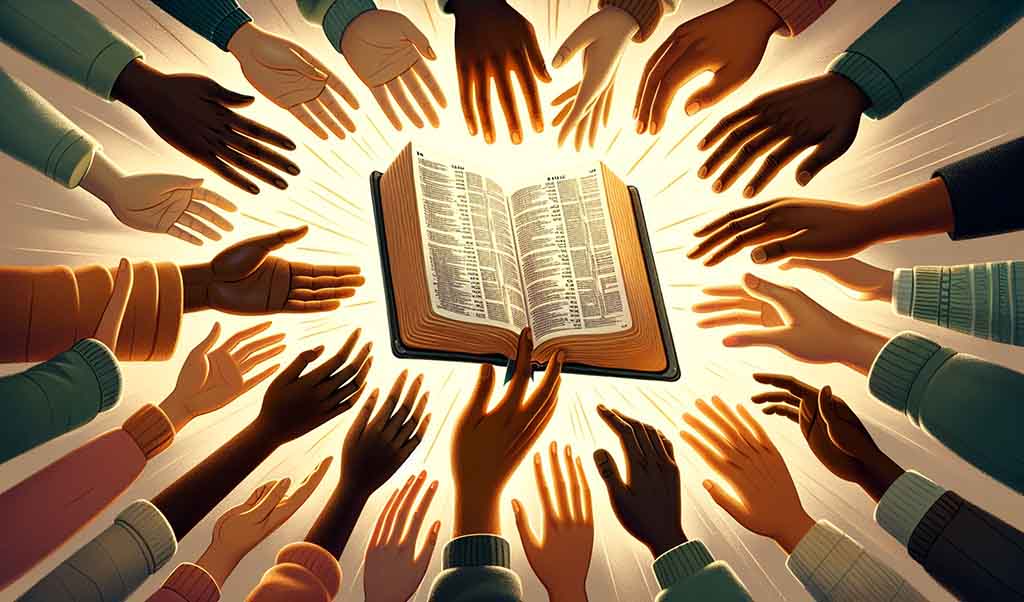In the heart of biblical teachings lies a profound truth that resonates through ages and cultures: for God, every person is equal, irrespective of skin color, nationality, or any other human-defined boundary. This fundamental principle challenges us to view humanity through a lens of divine love and acceptance, recognizing that the societal divisions we encounter are constructs of human making, not reflections of divine will.
The concept of national borders, a commonplace in today’s world, was significantly different in biblical times. Kingdoms and territories existed, yet the Bible consistently emphasizes God’s sovereignty over all lands and peoples. For example, the book of Acts (17:26) states, “From one man he made all the nations, that they should inhabit the whole earth.” This scripture reinforces the idea that every human being shares a common lineage, crafted by the Creator’s hands, with the Earth as a shared home.
Similarly, the diversity in skin color and physical traits is often a subject of division and discrimination. However, from a biblical and scientific viewpoint, these differences are merely adaptations to environmental factors, such as sunlight exposure and climate conditions. Genesis 1:27 reminds us, “So God created mankind in his own image.” There’s profound beauty and unity in this declaration — every individual reflects God’s image, transcending superficial differences that often divide us.
Understanding and embracing this equality prompts us to love all people, echoing Jesus’ commandment to “love your neighbor as yourself” (Mark 12:31). This love is not passive; it challenges us to actively seek understanding and empathy, even when faced with language barriers or cultural differences. Realizing the difficulties we might face if placed in a foreign land, speaking an unfamiliar language, should inspire patience and kindness towards those navigating these challenges in our own countries.
In an era where global mobility brings diverse peoples into closer contact than ever, the biblical call for universal love and understanding is profoundly relevant. It beckons us to see beyond human-made divisions and embrace the rich tapestry of humanity as a single family under God.
In conclusion, the Bible’s message is clear: all people are equal in the eyes of God. Our shared human experience, enriched by diversity but unified in divine creation, provides a foundation for building a world characterized by love, understanding, and mutual respect. Let’s commit to understanding one another, remembering that beneath the superficial differences lies a shared human spirit longing for connection and recognition.

